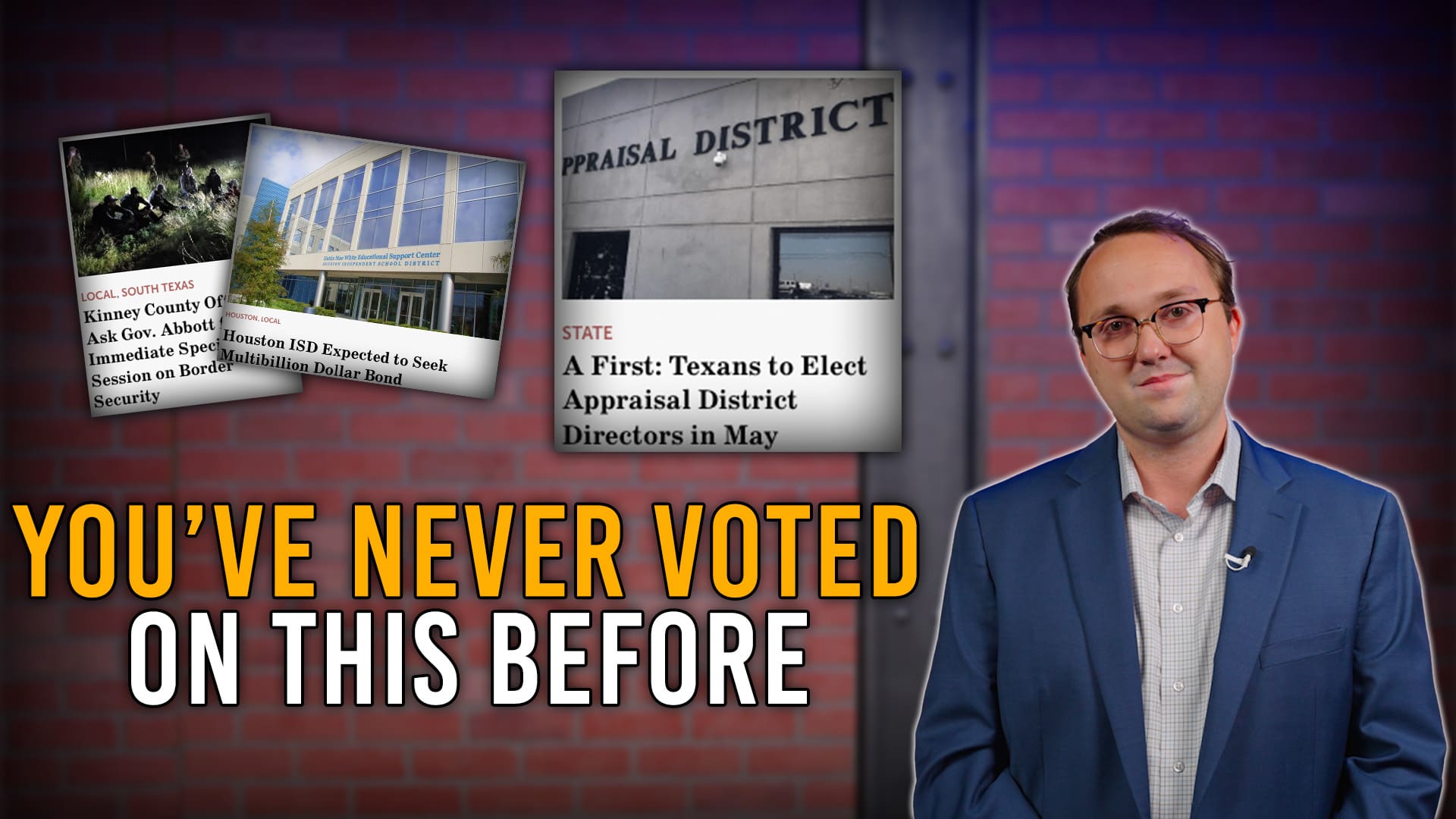Since the passage of Houston’s Charitable Feeding Ordinance, assistance to the city’s thousands of homeless has gradually declined. In fact, groups like New Beginnings Church stopped giving altogether because of the city’s regulatory burden forced upon their small operation.
Individuals who would normally pack up thanksgiving leftovers in to-go boxes and deliver them to the homeless, chose not to because they didn’t want to risk $500 fines.
Everyday individuals no longer do extraordinary things because of regulation that forces them to undergo inspections, training, and a rigorous application process for doing what they consider their civic duty—this is why this ordinance needs to be repealed.
While opponents on both sides of some city ordinances have merit, Houston’s charitable feeding law doesn’t fall into the “debatable” category.
There were at least three mainstays for Houston’s homeless where someone in need could reliably find food: a Fannin Street church on Tuesdays, the Preston Street Bridge, and Third Ward Bridge, all of which are no longer sustenance-offering havens. Because of the ordinance essentially cutting off their livelihood, Houston’s homeless population has moved further out to try and find help. It’s all seemingly a part of government’s plan to push the homeless further out of the city at the behest of area-developers.
Some business and property owners tout the argument that the ordinance reduces loitering and littering in their neighborhoods, but what proponents fail to acknowledge is that these activities—on private property—are prohibited with or without an ordinance targeting charitable giving.
The National Coalition for the Homeless has rated Houston the seventh unfriendliest city, and for good reason. When elected officials choose to enact laws that are allegedly in the best interest of businesses and developers at the expense of those in need, it’s time to realize that government is the problem not the solution.
Supporters of the failed “equal rights” ordinance argued that a repeal of that law would reflect poorly on the nation’s fourth largest city. Interestingly, the same officials weren’t as concerned about their “public perception” when they subpoenaed the sermons of local pastors who refused to agree with their political worldview.
It raises the question; what does suppressing charitable giving to the city’s most needy say about the attitude Houston officials??
It’s time for city officials to allow the public to voice their opinion, and council members to cast a recorded vote.
Sign here to ask your representative to place the item on the council’s agenda, and to repeal this damaging ordinance.




